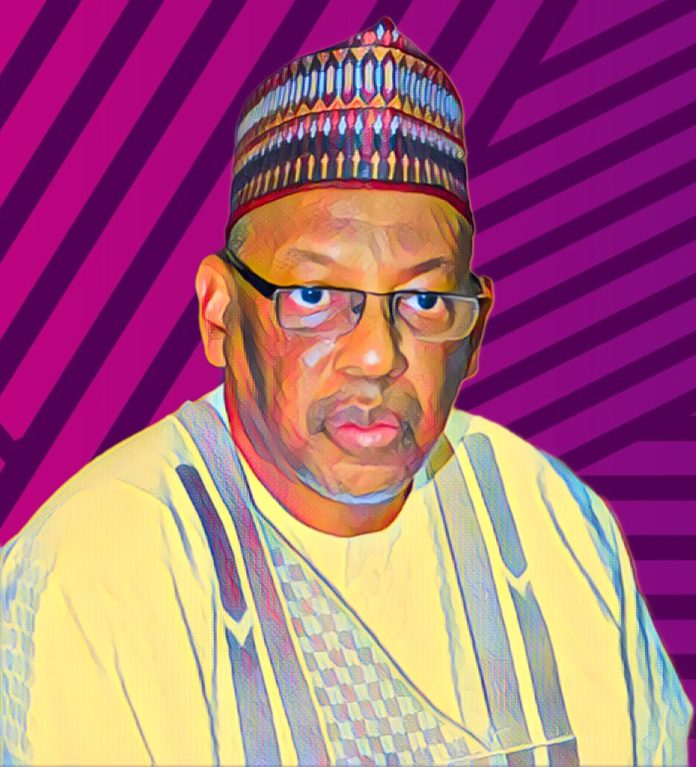Nigeria struggles with a severe teacher shortage and classroom deficit in public primary schools. UBEC urges private sector support to improve education access.
Nigeria is grappling with a severe shortage of teachers and classrooms in its public primary schools, according to the Universal Basic Education Commission (UBEC). The country’s schools lack 194,867 qualified teachers and 1.1 million classrooms.
Dr. Hamid Bobboyi, UBEC’s Executive Secretary, highlighted the issue at a one-day partnership meeting in Lagos. Organized by UBEC and the Private Sector Advisory Group (PSAG), the event focused on the implementation of the Universal Basic Education (UBE) program.
Bobboyi pointed out that only 499,202 teachers are available, despite a need for 694,078 at the primary level. This shortfall contributes significantly to learning poverty in basic education.
The problem is not confined to specific regions but is particularly severe in the northern part of the country and rural communities. The skewed deployment of teachers favors urban schools, exacerbating the shortage in rural areas.
States have failed to hire new teachers or replace those who leave, worsening the situation. The infrastructure deficit also poses a significant challenge, with many schools operating in poor conditions.
Bobboyi noted that 40% of classrooms in the basic education sub-sector are in bad condition. As of 2022, primary schools required 907,769 additional classrooms, while junior secondary schools needed 200,085. Many students lack furniture, and the situation is worse in public schools compared to private ones. The scarcity of toilets in public schools is another pressing issue.
States are overwhelmed by the scale of dilapidation and scarcity. There is a significant gap between what is needed for functional basic education and what is currently available.
UBEC has made efforts to address these gaps through strategic programs and projects aimed at improving access, quality, equity, and inclusiveness. Despite these efforts, many problems remain unresolved.
The partnership meeting with the private sector aimed to garner additional support. Government alone cannot meet the huge requirements for quality basic education. Private entities are urged to take responsibility in key areas of UBE delivery, especially in addressing the out-of-school children phenomenon.
Dr. Folake Olatunji-Davis, Director of Basic Education at the Federal Ministry of Education, acknowledged the gaps identified by Bobboyi. She emphasized the need for private sector support to enhance basic education for all Nigerian children.
Olatunji-Davis expressed hope that the meeting would secure the private sector’s commitment to supporting the government. The goal is to produce learners who can compete globally, ensuring no child is left behind.



